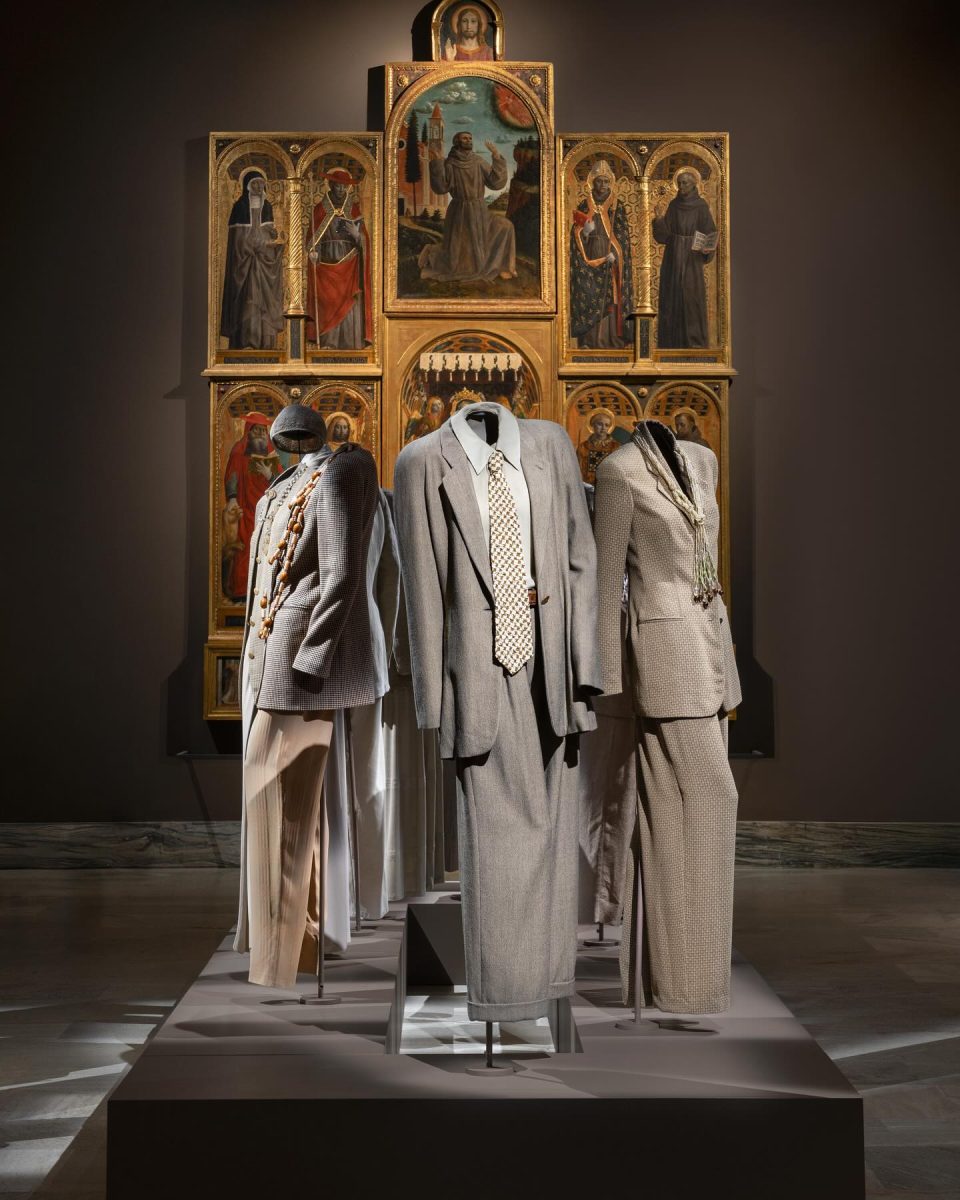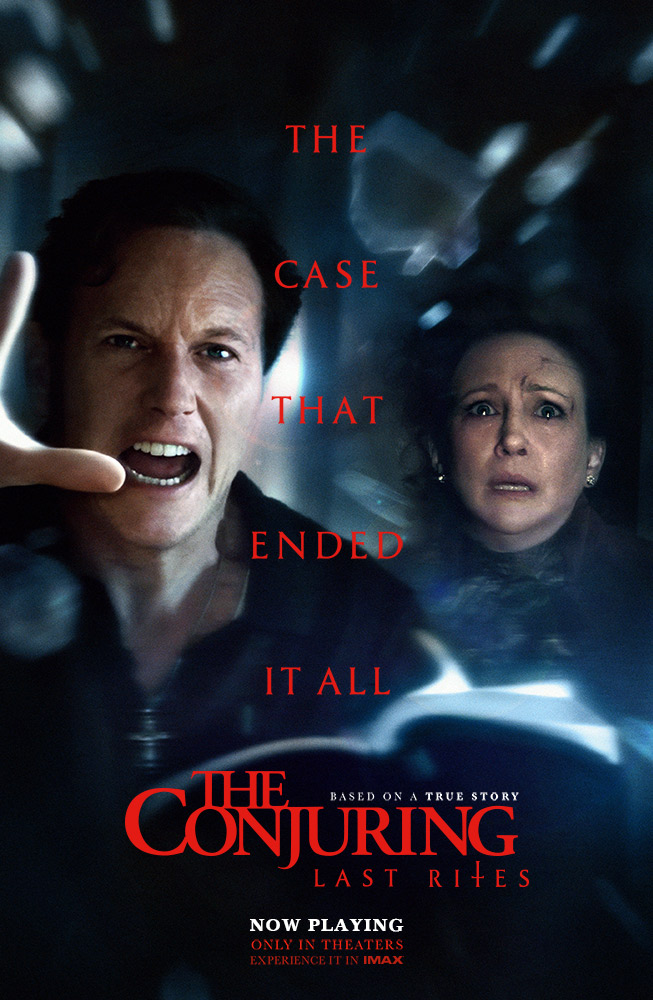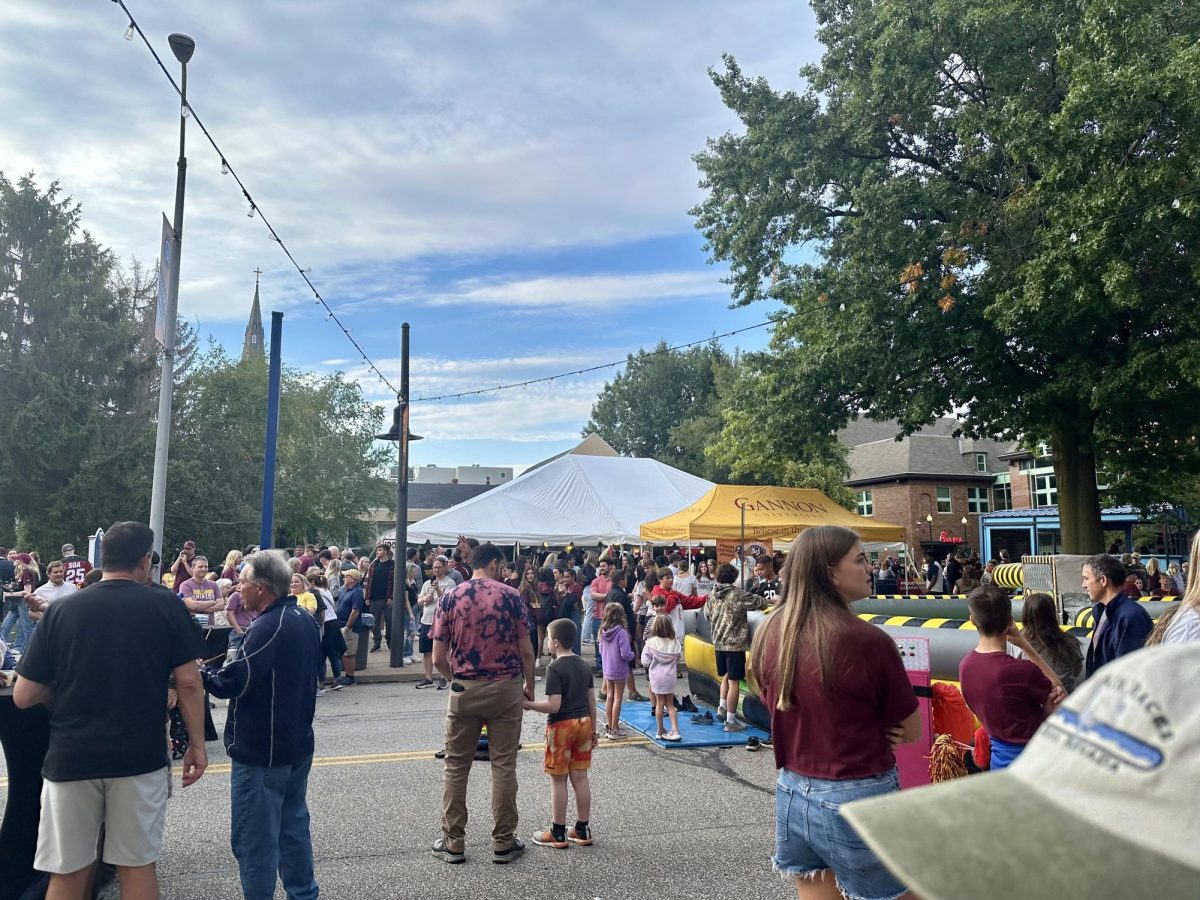Gannon University’s Schuster Theatre will be presenting its first play of the new year, “The Cherry Orchard,” Feb. 9–19.
“The Cherry Orchard” takes place at the turn of the 19th century in Russia, when a brother and a sister are losing their family’s estate because it was auctioned off to pay their mortgage.
Beth Gaertner, a senior communications arts major and stage manager of the play, said when people hear that “The Cherry Orchard” is a Chekhov play, they may automatically think the play will be outdated and boring. But according to her, that’s not the case.
“On the contrary, I think the audiences will be pleased that the cast is not using Russian accents,” she said.
“And they will find that the messages of the show are still very relevant in Erie, Pa., in the year of 2012.”
Paula Barrett, director of “The Cherry Orchard” and an instructor in the communication arts program at Gannon, said, “The play is about all of the interesting people who live there or are involved with their friends on how to cope with the change that is happening with this sale.”
Barrett said “The Cherry Orchard” is one of those plays in literature that can either be interpreted as a comedy or a drama. “There’s nothing funny about it, but the characters are so interesting and funny when they deal with the problems that they are faced with and with each other,” she said.
“The Cherry Orchard” was chosen to be performed at the Schuster Theatre based on the belief that all students should have the opportunity to participate as a cast or crew member in all kinds of genres, such as Greek plays and Broadway, during their four years, Barrett said.
Senior psychology major Sharon Pike plays the role of Charlotta Ivanova, who was once a gypsy performer, but became a governess after her parents died.
Pike said she enjoys the part of the play where she performs tricks. “I bring some fun to a somber event,” she said. “I think the audience will enjoy the performance, even though it’s a serious show.”
Play practices have been a joy, Barrett said. “The cast has been working beautifully together,” she said.
“They’re helping and learning from each other, so it is a give and take feeling toward each other. Everybody has a part to play and each one has stepped up to the plate big time.”
Also, Barrett said during rehearsals, the cast describes “The Cherry Orchard” as laughing-through-their-tears funny because it is heartbreak that comes with a smile.
Luis Pontillo, a junior theatre and communication arts major, said his favorite part of the play is at the ending when Varya and Lopakhin share a moment of awkwardness on stage together. “They both would rather not speak to each other at all, but are found in the same room and are too polite to leave the others presence,” he said. “If I had a dime for every time that’s happened to me…I’d probably have $6.”
“The Cherry Orchard” relates to a similar issue that America deals with today, Barrett said. “I look at the play like the foreclosures that are happening yesterday and tomorrow,” she said.
Barrett encourages readers to go watch “The Cherry Orchard.” “The set, costumes are pretty and the actors are good casting characters,” she said. “They really fit and work well together. The play is lively and keeps moving with lots of issues that will make you laugh, cry and engage you the whole time.”













